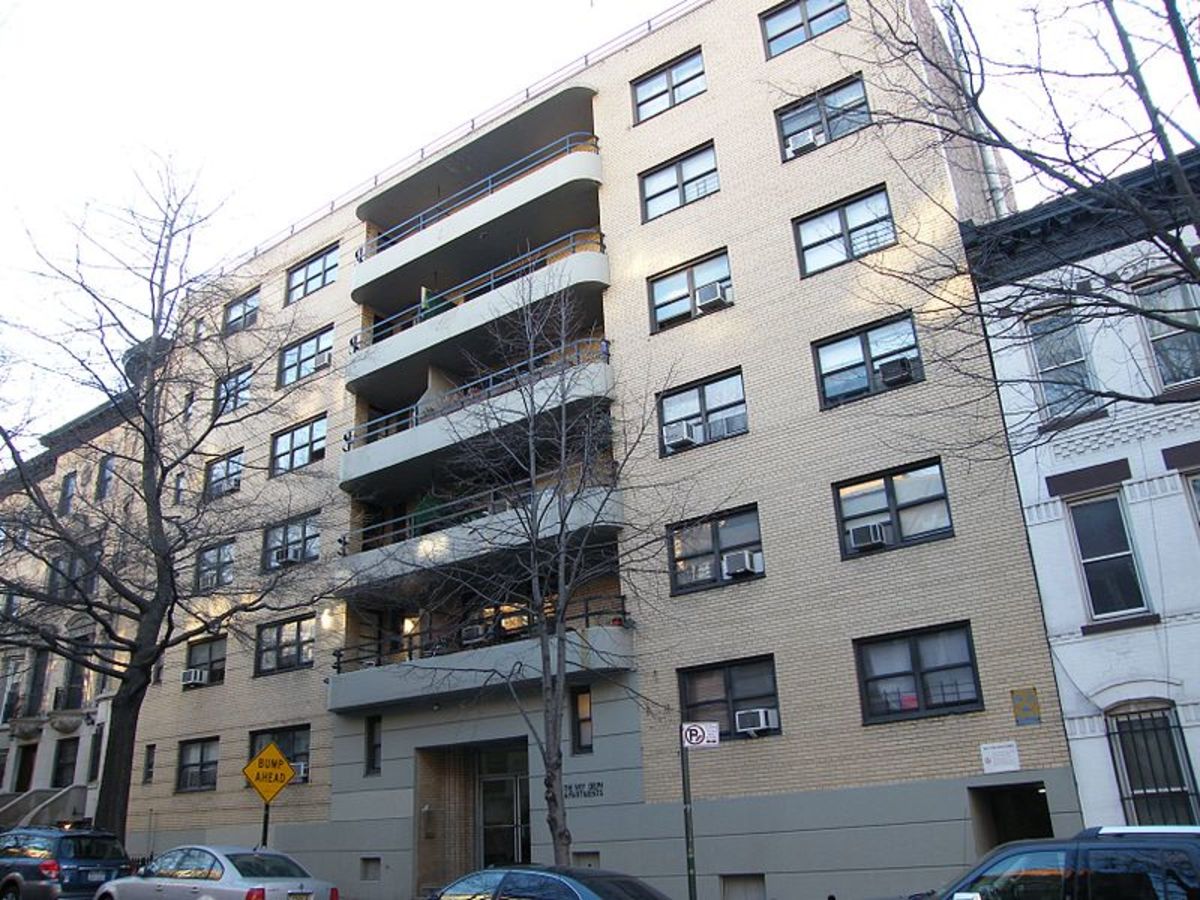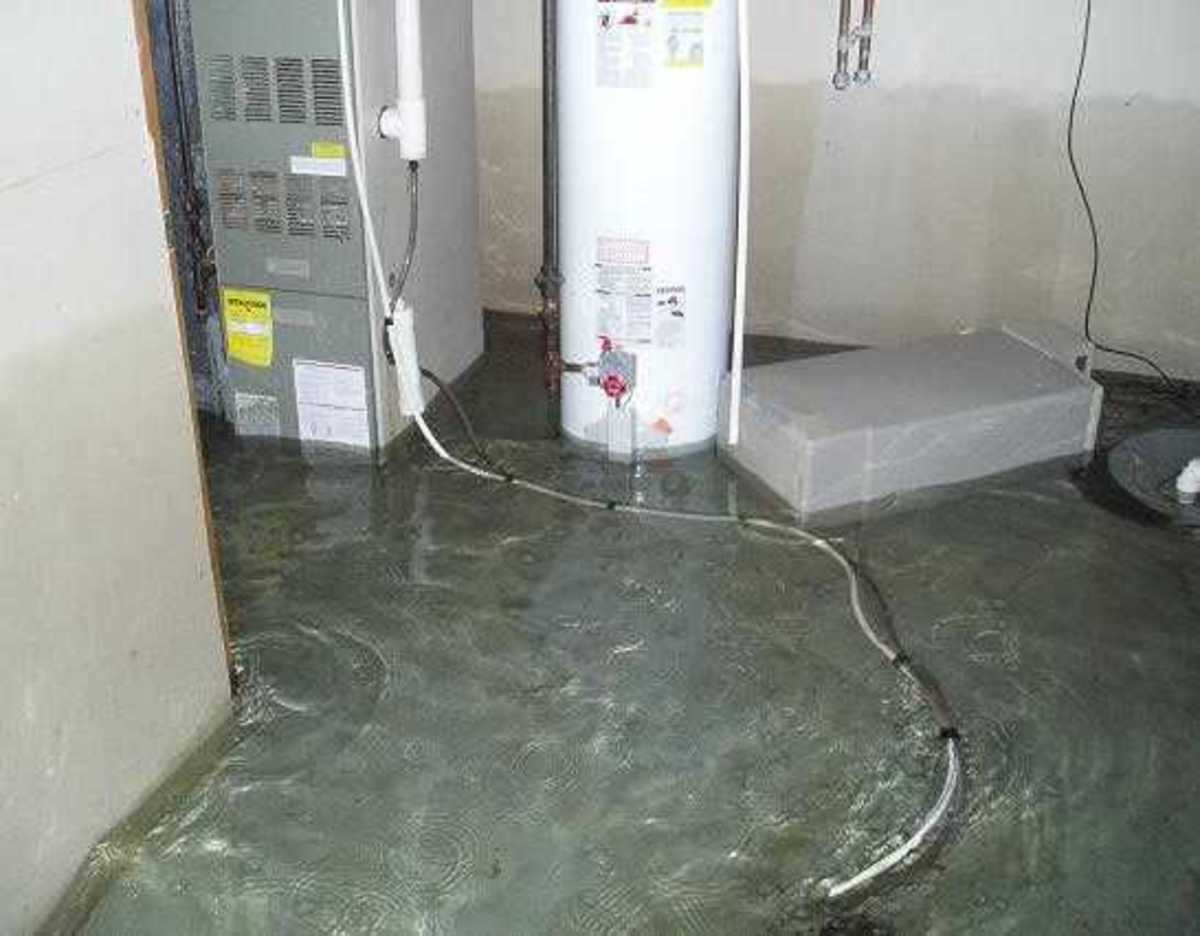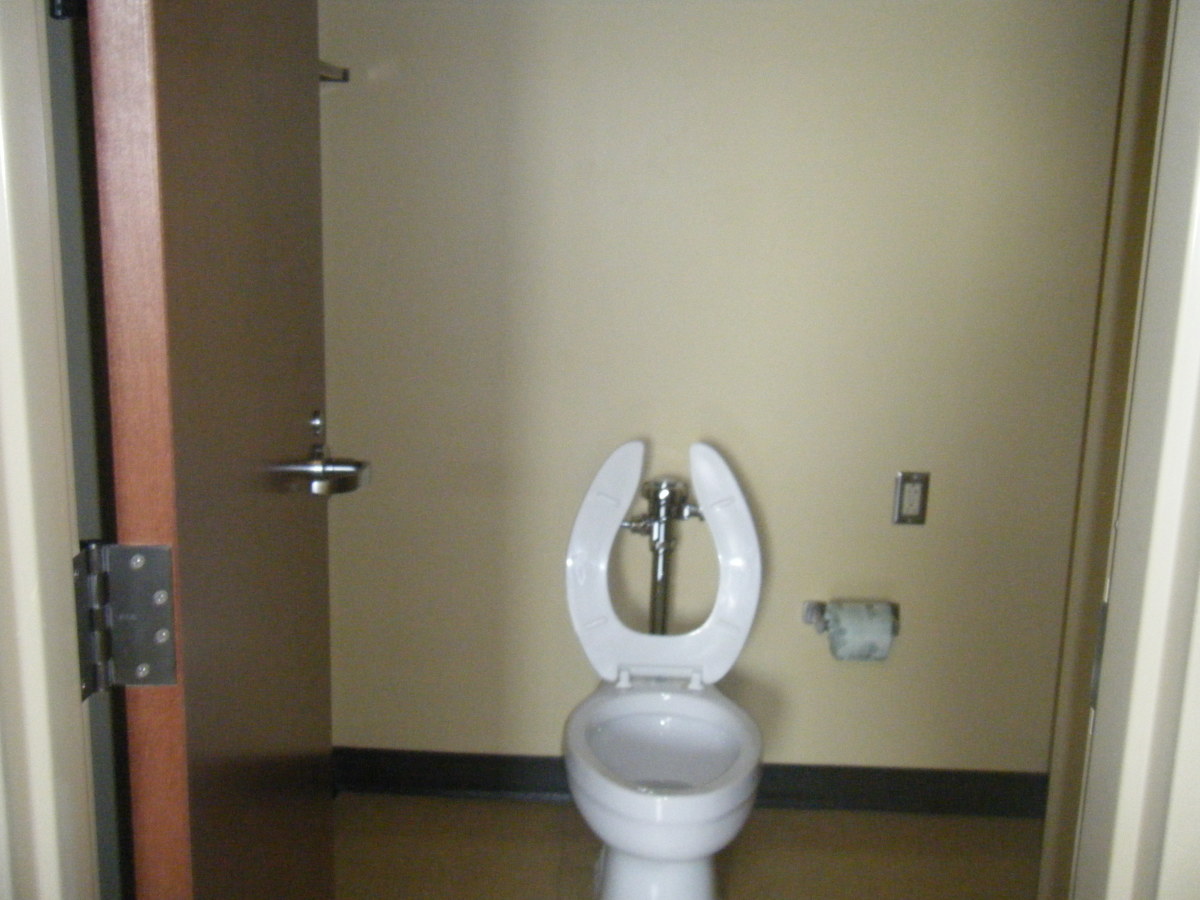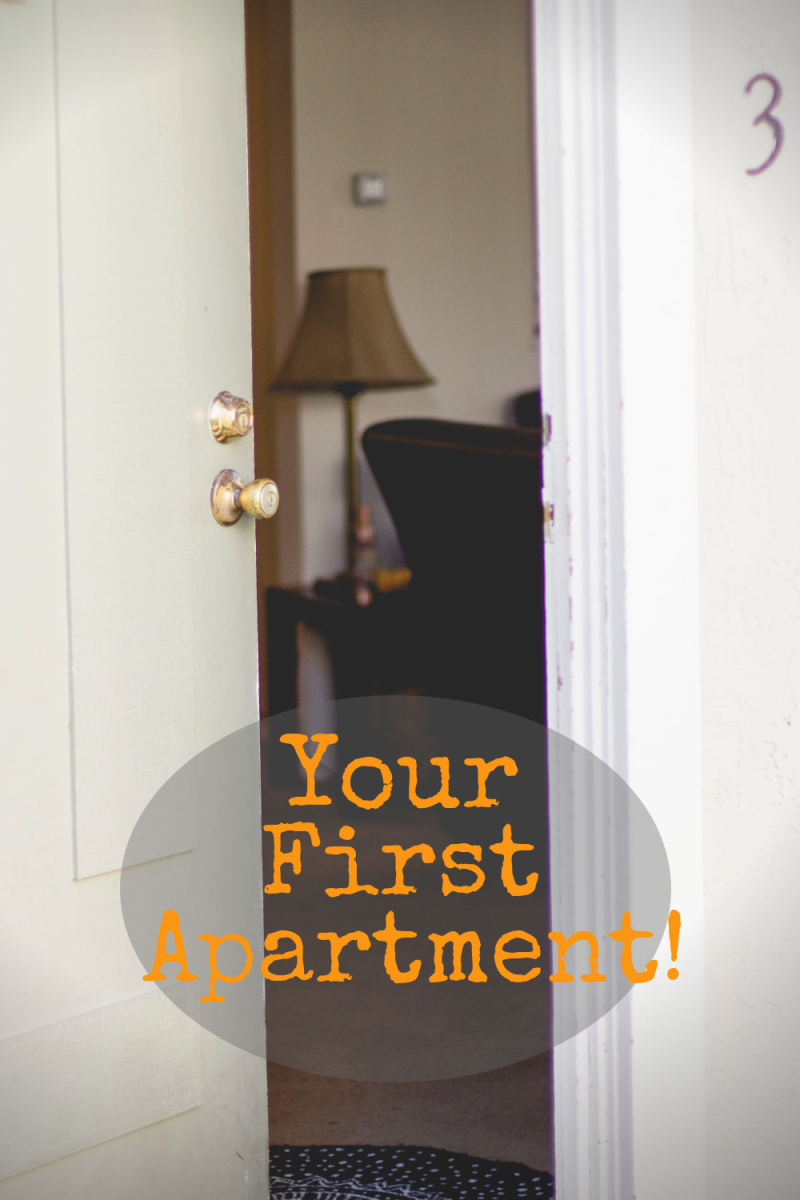Apartment Insurance: A Beginner's Guide to Renters Insurance
Apartment Insurance for Beginners
I recently moved into my first apartment, and wanted to be sure that I insured everything properly. I ended up doing a lot of research on the subject of renters insurance, and want to share it with you!
Below I'll cover:
- What renters insurance is
- Major providers of renters insurance
- Things to do before getting a quote on renters insurance
- General tips regarding apartment insurance
- How to choose the best renters insurance
- The gist of what happens when one needs to USE one's apartment insurance

What is Renters Insurance?
Renters insurance is insurance that covers the possessions you have in your apartment, as well as your housing in general (that is to say, if something were to happen to your apartment, renters insurance would cover the cost of damaged or ruined property, plus cover the cost of living somewhere temporarily before finding a new place to live).
Renters insurance typically covers people with regard to theft, fire, water damage, and vandalism.
Renters insurance can also protect you if someone gets injured on your (rented) property and decides to sue you over it. Some renters insurance policies even cover the medical expenses of a guest that may get injured when staying in your apartment!
Why would you want renters insurance?
If something were to happen to your apartment - say part of the roof falls in on a rainy day and your entire home office is drenched and ruined - you won't have to pay for replacing the damaged property of staying in a motel as a crew fixes your damaged apartment.
Some renters insurance policies even cover possessions that exist on a realm we think of as outside our apartments- such as bikes. Some policies also protect clients from moving damages. Heck - some insurance packages even cover you in the event that one of your bags gets snatched from you wen you're out and about! Not bad, huh?
Though renters insurance is optional for most of us, some landlords require it as part of the rental contract. Ultimately, it's for the best, and even if renters insurance isn't mandatory as part of your agreement, I recommend you get it, if for nothing else but peace of mind.
How much does renters insurance cost?
Before I started looking into these things, I had absolutely NO IDEA how much renters insurance (or any insurance, for that matter!) would cost. As it happens, renters insurance is incredibly reasonable, price-wise, and is well-worth the protection and peace of mind.
Generally, renters insurance costs about $10 to $20 a month. That's nothing compared to the cost of having to replace everything you own should your apartment go up in flame - or even compared to the cost of a few stolen items should someone break in when you're off at work or on vacation.
Who provides renters insurance?
Here are some major providers of renters insurance - plus some of the details about their particular offerings:
- USAA - USAA has been recognized for its customer service by Bloomberg and Business Week for multiple years in a row, which is a good sign, plus the general online chatter has been favorable. Also, USAA apparently includes earthquake coverage into their basic renters insurance package, which is hardly the norm and a major bonus!
- Farmers - Farmers has gotten some cool third party recognition for their renters insurance (specifically from JD Power, and for customer service), and they also offer some interesting optional add-ons, including protection from identity theft.
- State Farm - They are a MAJOR provider of renters insurance, and are referred by pretty much everyone I've personally disucssed the matter with. They also claim to reimburse you for damaged or stolen personal items at "replacement values" and not depreciated value, which is nice.
- Progressive - Progressive offers something called "Progressive Home Advantage®" for existing auto customers, so if you've already got Progressive Auto Insurance, you might consider getting this for the sake of simplicity and convenience.
- Geico - The Geico renters insurance page is really user-friendly, plus they have a pretty nifty personal property calculator, which makes tallying the total value of personal possessions very easy.
- Allstate - If you combine your car insurance with your renters insurance with Allstate, you could save as much as 10%, plus they also offer up to 15% savings on protective devices installed on your apartment and offer additional discounts to those who are 55+ or retired. Allstate has also gotten some quite favorable reviews based on what I've read whilst poking around online.
- Nationwide - Like Allstate, Nationwide offers discounts for protective devices for your apartment (e.g. deadbolts and burglar alarms), as well as fire extinguishers, sprinkler systems and the like. They also offer discounts for bundling renters insurance with apartment insurance.
- Travelers - Travelers also offers these discounts, plus they have cool emergency response vans that arrive onsite to help you out when things get hairy.
- American Family Insurers - Though they're not very detailed about things on their site, they offer bundling discounts and have some helpful FAQ available online.
What should I do before asking for a quote on insurance for my apartment?
Gather all pertinent information required to get a quote
Before approaching a potential insurer for a quote on your apartment, you will want to know the following things:
- Your address (duh... but this will play an important factor in how much you pay)
- The approximate age of the building in which you live
- The square footage of your apartment or rented home
- The number of bathrooms you have
- The type of roof
- The number of stories of the building in which you live
- Your age (another no-brainer, but this also gets factored into ultimate cost)
- An estimate of the value of all of your property (clothing, furniture, electronics, appliances, sporting equipment, teleivisions, etc...)
These factors help insurance agents calculate the amount of money you will be charged. For example, if you live in a shady neighborhood with lots of burglaries, have multiple bathrooms, an old building, and a flimsy roof, you can bet that you'll be paying slightly more than the average person for renters insurance.
Have a look at your other insurance policies
If you already have health, auto, and/or life insurance, you might look into adding renters insurance to these policies - you could get a discount!
General Tips
I did a decent amount of poking around online, looking for apartment insurance tips and tricks, and here are some that I found to be particularly useful:
- Get a lower deductible when it comes to theft or vandalism - if someone steals from you, it'll probably involve less overall value than if your entire flat when up in flame, so it's better to be spending a lower initial amount in this department.
- Photograph or videotape the contents of your apartment - this helps to stand as good evidence that you owned the things you ask to be reimbursed for. To be smart, back these photos (or video) up online... you'd feel like a total idiot if the laptop containing all these photos was stolen or damaged and you couldn't use them at all @_@
- Consider local hazards - if there are tornadoes / hurricanes / earthquakes / volcanoes in your area, you might want to make sure that you get coverage for these things. Earthquake and flood coverage are typically things you have to add on to renters insurance, and can tack on about $300 to the initial sticker price, give or take a little.
- In some places, renters insurance is tax deductible - Ask your local agent if this is might be the case for you!
- When considering the ultimate amount of coverage you get for renters insurance, keep in mind that this also extends to packing, moving, storage, and repair of damaged goods. When considering the final amount, ask yourself - "Will this cover not only replacement, but storage?"
- If you're in college, you might also want renters insurance. I didn't have renters insurance in my college years, but I know some kids who did and REALLY benefitted from doing so - especially those who had laptops and stuff stolen while traveling abroad.
- Consider whether your apartment insurance covers items in terms of cash or replacement value. Cash takes into account depreciation, whereas replacement is more about reimbursing you for the cost of replacing an item, regardless of its age.

How do I choose which apartment insurance is best for me?
Once you have a quote from a couple of insurance providers, you can easily pick the one that offers the lowest price, but before you do, consider the other factors that come into play. Do some insurers offer better coverage than others? What is the deductible (this is the amount you are expected to pay out of pocket before your insurance covers things) associated with the different plans? Do some of the providers have better customer service? What do your tenants, neighbors, friends, coworkers, and family have to say?
If you're dealing with a large company - one of the major insurance providers such as Farmer's, for example - you can rest assured knowing that you'll probably get what you expect to get. That's one of the major benefits of going with a big brand. If you're considering going with a smaller, less well-known provider, you may also want to do some online research, or ask around to see if anyone you know has this insurance and is happy with it. It would be terrible to choose an unknown insurer and then be completely screwed over by it, only to be told by some acquaintance or relative that they knew it was rotten all along!
OK, so something happens to my apartment and I need to USE this insurance... what happens?
Let's say you live in a multi-story apartment building and the kitchen sink of your upstairs neighbor explodes and water starts seeping through your ceiling, damaging personal posessions. Here's what happens:
- You call your insurance company and tell them what happened - essentially you file a claim.
- A damage assessor is sent over from the insurance company to evaluate the situation - this usually happens within a day. If everything is completely destroyed rather than just damaged, you'll be asked to provide photos or video of your possessions, which is why it's super important to have this, and to have it stored securely at another location or somewhere online.
- Your insurance company covers the cost of the damage, minus your deductible (this could include the replacement of damaged personal property, as well as the cleaning of property that was sullied in the drippy mess)
Keep in mind that your rates may go up after this point - by anywhere from 25 to 30%. This sucks, but it's better than the alternative of having to pay for the initial damages yourself.








